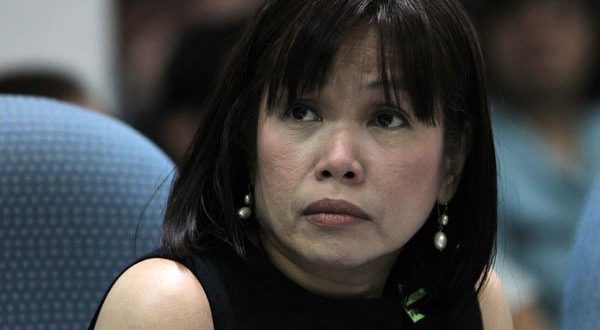As in previous years, the Philippines plans to tap the euro, panda and samurai debt markets to augment its higher financing needs for 2021 amid a prolonged fight against COVID-19.
“These markets remain as our sources of external financing,” National Treasurer Rosalia de Leon said in a text message.
Asked for a timetable on these upcoming offshore commercial borrowings, De Leon replied: “We continue to monitor developments and access those which offer cost-efficient funds for our requirements.”
For 2021, the government has programmed to borrow a gross amount of P3.03 trillion, of which P442.4 billion will be from foreign sources, including program and project loans from multilateral lenders and bilateral partners as well as bonds and other inflows.
Commercial borrowings through the issuance of bonds offshore has been programmed at P286 billion.
Last year, the Philippines raised 1.2 billion euros from euro-denominated bonds, followed by $2.35 billion in US dollar-denominated global bonds in April—at the height of the most stringent COVID-19 lockdown in the region that pushed the economy into a recession.
Before 2020 ended, the Philippines again ventured into the dollar bond market, raising a bigger $2.75 billion that the government had said would be injected into the COVID-19 response budget.
The Philippines deferred the issuance of renminbi-denominated panda and yen-denominated samurai bonds last year as it relied heavily on domestic sources due to excess liquidity despite a pandemic-induced economic slump.
The same would be true this year as the bigger P2.58 trillion in financing requirement will be borrowed locally mainly through the sale of treasury bills and bonds, on top of up to P1 trillion in short-term borrowings from the Bangko Sentral ng Pilipinas (BSP) through its repurchase agreement with the Bureau of the Treasury.
The latest Treasury data showed that the national government paid P888.69 billion in debt from January to November last year, of which P533.61 billion were for principal amortization and the remaining P355.08 billion settled interest payments.
The updated end-November 2020 debt service data did not include the Treasury’s repayment of the initial P300-billion repurchase agreement in September as the BSP extended the loan in October at an increased amount of P540 billion.
BSP Gov. Benjamin Diokno last week said the policy-making Monetary Board in December last year approved an extension of the P540-billion borrowing, hence spilling over to cover this year’s financing requirements.
Amid the sustained reliance on domestic borrowings to fight COVID-19, the national government’s debt stock climbed to a new high of P10.13 trillion as of November last year.
The latest Bureau of the Treasury data showed that the end-November outstanding obligations inched up by 1.1 percent from P10.03 trillion in October and jumped by a faster 31.4 percent from P7.71 trillion in November 2019. INQ


